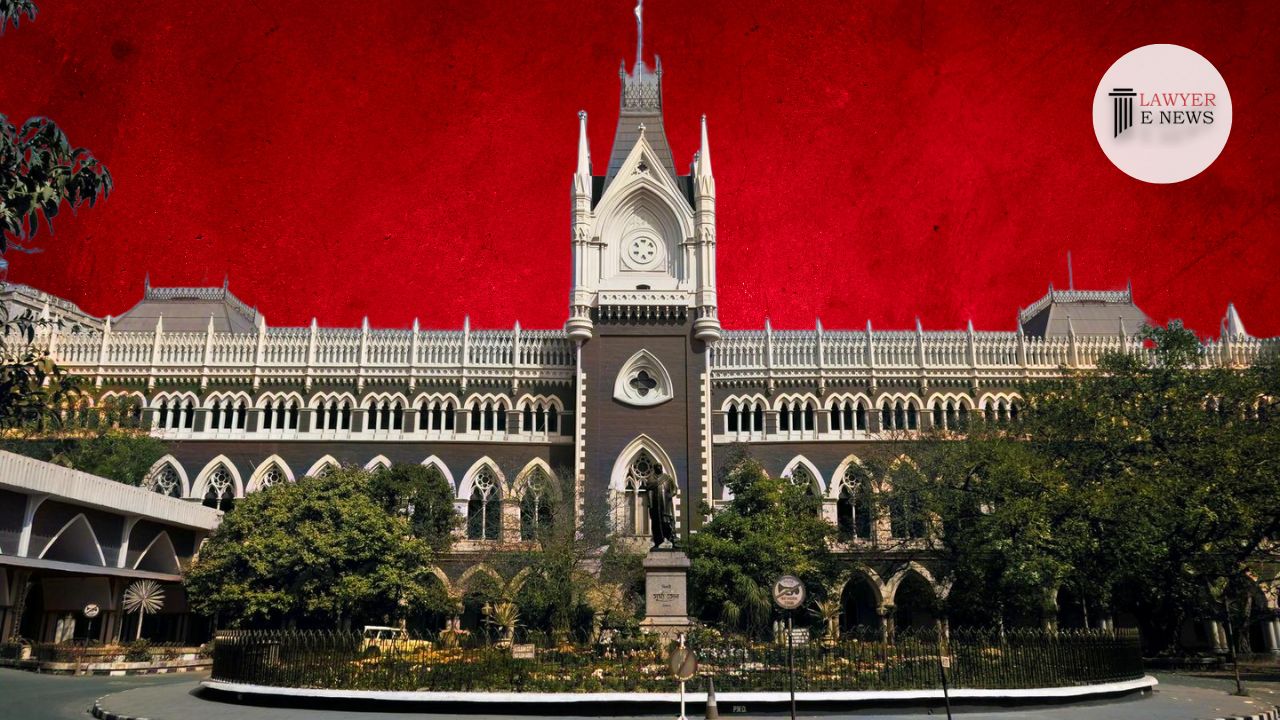-
by Admin
15 February 2026 5:35 AM



In a significant judgment rendered on May 2, 2024, the Calcutta High Court delved deep into the maintainability of writ petitions in disputes arising out of contractual obligations. The bench, comprising The Hon’ble The Chief Justice T.S. Sivagnanam and The Hon’ble Justice Hiranmay Bhattacharyya, reversed a previous decision which had directed the Ghani Khan Choudhury Institute of Engineering and Technology to pay M/s. Malda Construction Company for completed contractual work, emphasizing the non-maintainability of such petitions on contractual money claims.
The core legal issue addressed was whether writ petitions involving payment disputes under contractual obligations are maintainable, especially when entities amenable to Article 226 of the Constitution are involved.
The appellants, Ghani Khan Choudhury Institute, were previously ordered by a Single Judge to make outstanding payments to the respondents, M/s. Malda Construction and others, for construction work completed satisfactorily. The appellants challenged the writ petitions’ maintainability, citing delays and disputed contractual and financial issues.
Contractual Nature and Writ Jurisdiction: The court extensively reviewed the Supreme Court precedents, noting that writ jurisdiction is generally reserved for public law remedies and should not extend to disputes lying entirely within private contractual realms, unless the actions of public bodies are arbitrary or capricious.
Maintainability and Delay: The court pointed out that the writ petitions were filed seven years after the last billing, a delay deemed unreasonable. It highlighted that filing a writ petition after the expiration of a reasonable time established by analogous civil suits under the Limitation Act undermines the need for prompt legal action.
Disputed Financial Liabilities: The court observed genuine disputes over financial liabilities, including the invocation of the Comptroller and Auditor General’s report, which questioned the procedural legitimacy of the expenditures by the institute.
Decision: Concluding its evaluation, the court allowed the appeals by the Institute, reversing the decision of the Single Judge, and dismissed the writ petitions as non-maintainable based on the grounds of procedural lapses, delay, and the nature of the contractual and financial disputes. The court directed the parties to seek remedies in appropriate forums, ensuring that observations in the judgment do not prejudice future proceedings.
Date of Decision: 2nd May 2024
The Ghani Khan Choudhury Institute of Engineering and Technology & Ors. vs. M/s. Malda Construction Company & Ors.
